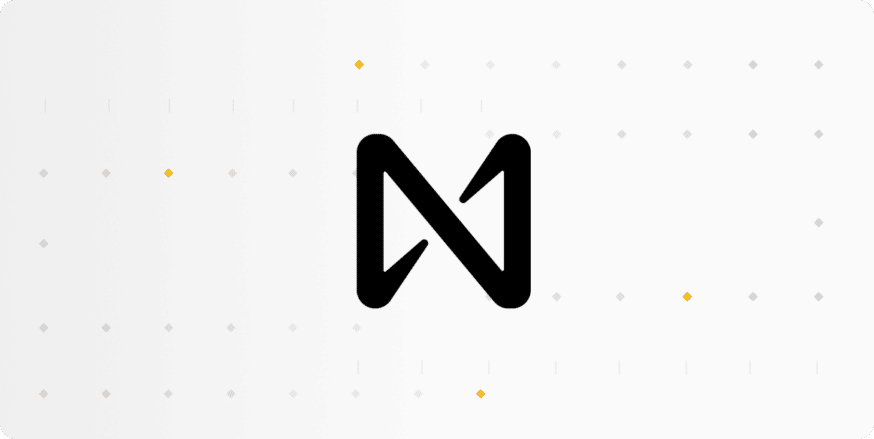TLDR
- Near Foundation is developing AI-powered digital twins to represent DAO members in governance voting.
- The AI delegates will learn user preferences and vote on their behalf to increase participation in DAOs.
- Lane Rettig of the Near Foundation emphasizes that critical decisions will still require human involvement.
- The AI delegates will first serve large groups with similar preferences before moving to individual representation.
- Near Foundation’s AI tool Pulse already tracks community sentiment and summarizes discussions on platforms like Discord.
The Near Foundation is working on an innovative AI-powered system that aims to revolutionize governance voting. This system will involve “digital twins” acting on behalf of decentralized autonomous organization (DAO) members to increase voter participation. The foundation is developing these AI delegates to solve common issues with voter apathy and centralization in DAOs.
Near Foundation Unveils AI for Governance Voting
The Near Foundation aims to tackle the low voter turnout seen in many DAOs. Lane Rettig, a researcher at the foundation, explained the concept of AI delegates during an interview at the Token2049 conference in Singapore. According to Rettig, the AI-powered delegates will learn user preferences and vote accordingly. This process will enable quick and efficient governance decisions, transforming voting into a “math problem” that can be executed almost instantly.
Rettig believes that AI delegates could eliminate the need for human involvement in the voting process. However, he emphasized that some decisions, such as fund allocations or strategy shifts, would still require human judgment. “There should always be a human in the loop for critical decisions,” Rettig stated. While the AI delegates would nudge voters, they would not replace human decision-making in certain situations.
The system is still under development, and the Near Foundation aims to roll it out in stages. Initially, AI delegates will represent groups with similar voting preferences. As technology evolves, it will offer individual delegates for each member and possibly even AI-powered CEOs for governance purposes.
Challenges and Potential of AI-Driven Governance
AI agents are already making significant strides in the cryptocurrency industry, with thousands of agents interacting with various platforms and protocols. The Near Foundation aims to extend this concept by utilizing AI agents for governance voting. The foundation has also developed Pulse, an AI tool that tracks community sentiment and summarizes discussions from platforms like Discord.
Despite the potential benefits, AI delegates come with risks. Some critics argue that these agents may misinterpret user preferences or even make erroneous decisions. Rettig acknowledged these concerns, stating that if an AI delegate makes a mistake, it indicates an issue with its context. He added that the training model for these delegates would include cryptographic proof to ensure transparency and alignment with users’ values.
The Near Foundation plans to start with simpler tasks for AI delegates, such as advising on proposals and providing context for voting decisions. Over time, the system will evolve to handle more complex governance tasks. Rettig sees the eventual goal of governance becoming an efficient, automated process where AI delegates can vote quickly based on predicted preferences.







